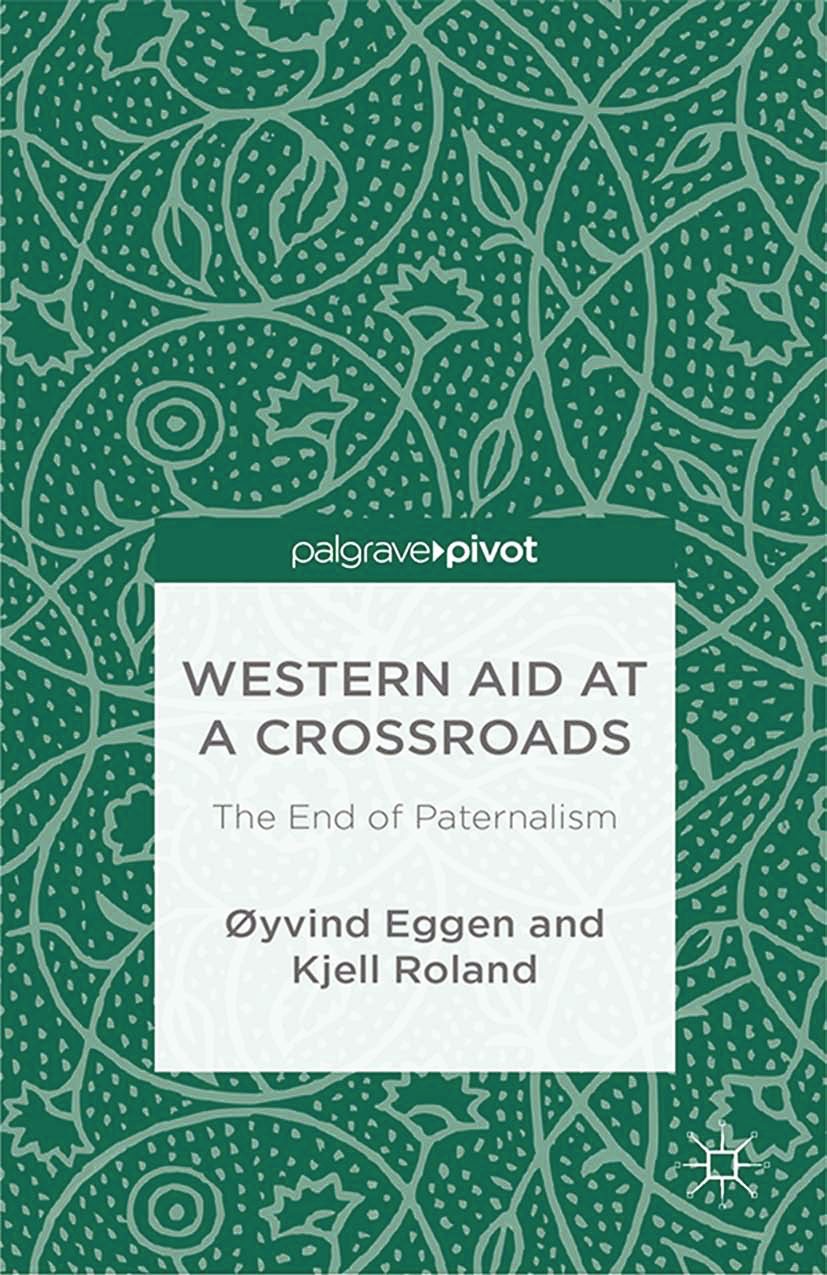| 书目名称 | Western Aid at a Crossroads | | 副标题 | The End of Paternali | | 编辑 | Øyvind Eggen,Kjell Roland | | 视频video | http://file.papertrans.cn/1028/1027534/1027534.mp4 | | 图书封面 |  | | 描述 | The new growth patterns and shifting wealth in the world economy fundamentally alter the basis for Western aid. This book demonstrates how Western development aid has been transformed over time, in particular in the 1990s, when the West enjoyed world hegemony. Western aid, once a helping hand to other countries‘ development strategies, has increasingly been seen as a tool for large-scale attempts to transform states, societies and minds according to Western models. The authors claim that this has made aid more complex and less useful to poor countries in their fight against poverty.Emerging economies, such as China, have demonstrated that other paths to growth and poverty alleviation are available. They are attractive partners in development, offering collaboration without paternalism. Most poor countries experience growth, and are able to finance development with homegrown resources or in collaboration with non-Western partners. Having other options, they may increasingly challenge and reject Western aid if it is accompanied with goals of transforming the recipients based on Western blueprints.The authors claim that aid has a role in the fight against poverty in the future, but on | | 出版日期 | Book 2014 | | 关键词 | dance; development; future; history; history of literature; history of mathematics; knowledge; story; world | | 版次 | 1 | | doi | https://doi.org/10.1057/9781137380326 | | isbn_ebook | 978-1-137-38032-6 | | copyright | Palgrave Macmillan, a division of Macmillan Publishers Limited 2014 |
The information of publication is updating

|
|
 |Archiver|手机版|小黑屋|
派博传思国际
( 京公网安备110108008328)
GMT+8, 2026-1-21 22:17
|Archiver|手机版|小黑屋|
派博传思国际
( 京公网安备110108008328)
GMT+8, 2026-1-21 22:17


